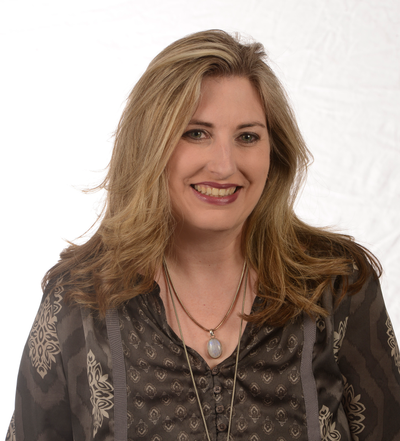
Today’s customers hold more power than ever as they and the technology they use has profoundly changed how they conduct business and what they expect from those who earn their purchases. Natural Products Expo West keynote speaker Martha Rogers has studied these changes for decades. Her recent book Extreme Trust, co-authored with business partner Don Peppers, examines why all of the newest technologies really require more old values. NFM explores those values here in advance of her presentation in Anaheim.
Aren’t these values of trust just the way we are supposed to behave?
Martha Rogers: It sort of gives us an excuse to do what we all know is better and feels better anyway. And if we meet those needs, then, guess what, our employees are happier, our customers are happier, and we probably sleep better. I feel a lot better knowing that we can advise companies to do what they are supposed to do because it makes them more of a profit. If we can bring those two together, that’s really how we are going to benefit our customers and our employees and the world in general. Wouldn’t it be nice to think about the Nobel Peace Prize for the entire natural foods industry? If we do it right, think how profoundly we can affect so many lives.
That’s why so many get into this business to begin with.
MR: Of course, and then we get into the hard stuff: How expensive it is to own real estate and then develop it and then get people in the door, and then figure out how to deal with all the taxes and then how to hire people, people you trust. Then you gotta figure out how pay all of their taxes. It’s easy to slip into ‘What do I need to do to make it through this week?’ instead of ‘How do I make sure I am making life better for a lot of families the way I want my family to eat well and be healthy.’
Can trust be taught or is it something you just have?
MR: The truth is that most people are good people. Then the question is not whether, it’s how to do the right thing. We think there are three important arenas of trust:
We have to do things right. And that means we don’t make a mess of things, don’t require customers to come back and get things straightened out, don’t require them to call because we made an error, we don’t require them to call with a question on their bill. We make it a lot easier rather than harder. Imagine how nice it would be if I was in and said I finished that bottle of such and such and threw it away and can’t remember the name, and they said no problem and look up what I bought. Make things easier for everybody.
Do the right thing. That means that we have to get into alignment with what’s best for us and also what’s best for our customers. All companies intend to do that, but very few companies really do. You have to bring companies into alignment with what’s best for customers. And that’s a big part of this discussion.
Do so proactively. This comes from the new technologies. If I’ve made a mistake, I can sit around and wait and hope nobody notices. But when they do, there’s an explosion of bad PR. Or I can say, ‘We made a mistake; here’s what we’re going to do about it; here’s how we are going to assure you it’s never going to happen again; our apologies; give us another chance.’
What if an owner says, ‘I want to become more trustable’? What’s next?

Expo West appearance:
Keynote: Martha Rogers
Thursday, March 10
9 - 10 a.m.
Marriott, Platinum Ballroom 5/6
MR: First, start thinking about things from the customer’s perspective. What’s it like to be our customer? Is it easy? Are we open the right hours? Do they drive here after work and find a parking place and learn we closed half an hour ago? We have to ask ourselves, ‘What’s it like to be our customer?’ and then ‘What should it be like?’ and ‘What could we do to close that gap?’ That’s just good business.
And then, as we look at what we need to do to be more trustable, we need to ask ourselves, ‘What are we rewarding ourselves? What are we rewarding our employees for?’ USAA insurance comes out on the list of most trustable financial services companies, way ahead of any of the closest one. Part of the reason is the mission statement, not the one published somewhere, but the real one: Play fair. Do what you would want to see happen if you were the customer. It doesn’t mean they always say yes. It just means they play fair.
Is it possible to regain lost trust?
MR: Chapter 6. How do you recover from lost trust? You recover from lost trust by leading up to the moment that it happens and it probably will because we all do some boneheaded thing occasionally or something that we really couldn’t help or something we’re not guilty of, but something’s going to happen. The way you recover from lost trust is five years before and four years before and two years before and six months before, every single day treat your customers and your employees in a fair way. You are trustworthy day after day, and if something happens, they will forgive you.
What do you want attendees to walk away with?
MR: It’s what our grandmas taught us. We can make more money by doing the right thing. And this whole idea of being trustable is suddenly imperative. It’s always been important to be trustworthy, but being trustable that’s a whole new higher level of demand on us.
About the Author
You May Also Like
.png?width=700&auto=webp&quality=80&disable=upscale)



.jpg?width=700&auto=webp&quality=80&disable=upscale)
